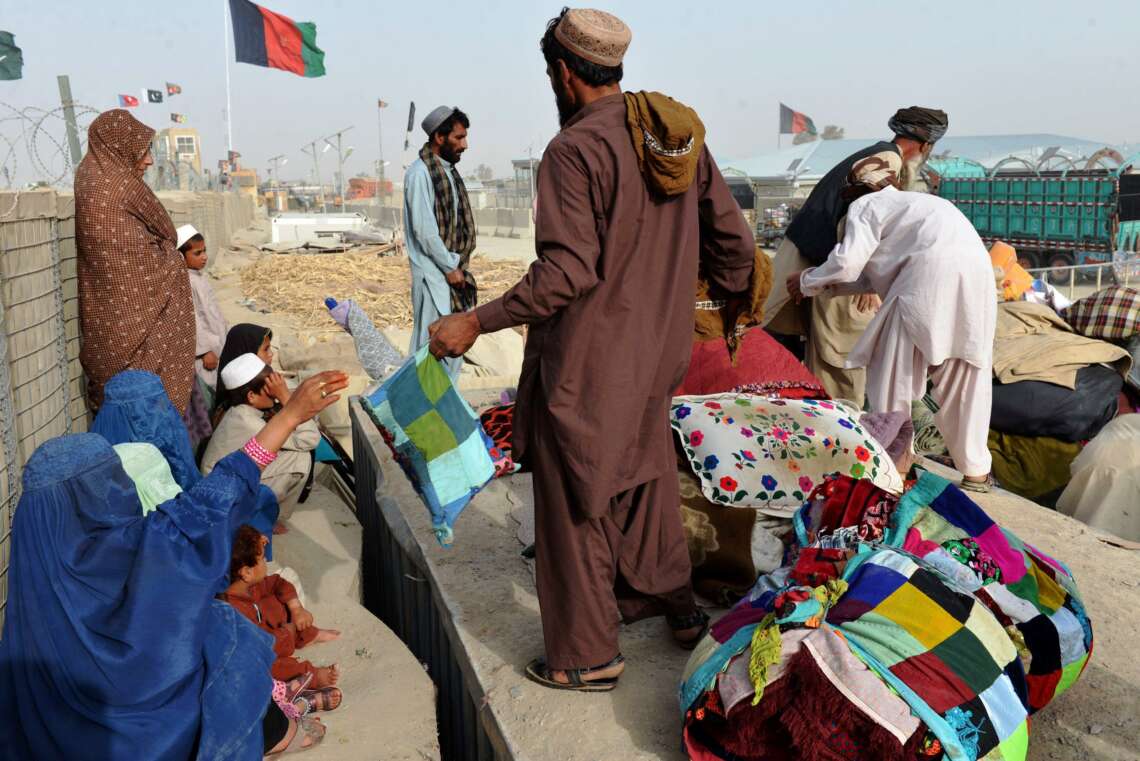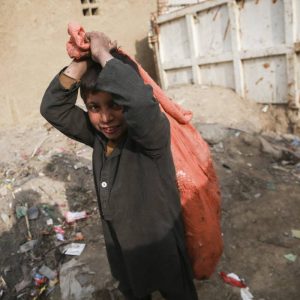Between June 18 and June 26, a total of 88,308 undocumented Afghan nationals were forcibly returned from Iran to Afghanistan
More than 88,000 undocumented Afghan migrants were deported from Iran in a single week, Khaama Press reported, citing International Organisation for Migration (IOM), raising alarm over urgent humanitarian and funding needs,
Between June 18 and June 26, a total of 88,308 undocumented Afghan nationals were forcibly returned from Iran to Afghanistan, according to the IOM’s June 28 update. The organisation stated that only 11 per cent of these returnees received any humanitarian assistance due to critical resource limitations, calling for urgent international funding to meet the basic needs of the most vulnerable.
The report further highlighted that 55 per cent of the returnees during this period were forcibly deported, and 64 per cent were travelling as families–underscoring the disproportionate impact on women and children. This figure marked a steep rise from the previous week, when 32,844 individuals were returned between June 10 and June 17.
Earlier data from the World Health Organisation (WHO) showed that over 71,000 migrants were returned from both Iran and Pakistan between June 1 and June 15, underscoring the scale and continuity of expulsions. Both agencies warned of the dire health and protection challenges that await returnees in overcrowded and under-resourced border areas, Khaama Press reported.

Qamar, a returnee from Iran, said he had lived there for nearly eight years. “We thought life would get better there, but it didn’t. Then the war started, and we said, our own country is calm, let’s go back.”
Another returnee, Khairullah, urged the Islamic Emirate to create jobs and ensure stability. Mohammad, also returning from Iran, said, “If they can’t do anything else, at least speak with the Iranian government to ensure migrants are returned with dignity.”
Meanwhile, deported Afghan nationals from Pakistan have complained of a lack of food and shelter in a Kabul camp. “If something can be done for our situation, we ask for help. I am disabled, and so are these children. We don’t even have land or a tent,” said Halima, a returnee.
“Please help us. If possible, provide us with land,” said another returnee, Habibullah, TOLO News reported.
At the same time, the Ministry of Refugees and Repatriation stated that more than 72,000 families from Iran, Pakistan, and Turkey have returned to Afghanistan either forcibly or voluntarily in the first three months of the current solar year.
Ministry spokesperson Abdulmutalib Haqqani said, “In the first quarter of the current solar year, 72,092 families comprising 388,134 individuals have returned from neighboring countries.”
Local officials in Herat also reported that nearly 100,000 Afghan migrants crossed into Afghanistan through the Islam Qala border from Iran over just three days, TOLO News added.
In Iran, the crackdown on undocumented Afghan nationals has intensified. Authorities have issued new orders invalidating all lease agreements with Afghan refugees and warning landlords against offering them shelter. According to Khaama Press, police have reportedly detained Afghan migrants across several provinces, with arrests increasing notably after the recent 12-day conflict between Iran and Israel.
Meanwhile, Pakistan has also resumed strict enforcement against Afghan refugees, particularly in Khyber Pakhtunkhwa and Balochistan. Identity checks, detentions, and deportations have increased, often targeting families with little to no warning or legal recourse. Human rights groups have expressed concern over the ongoing mass arrests and forced returns.
Both IOM and WHO have appealed for immediate international support to address the escalating refugee crisis. With deportations surging and border services overstretched, Afghan returnees face rising threats of homelessness, poverty, and deteriorating health conditions, Khaama Press reported. (ANI)













